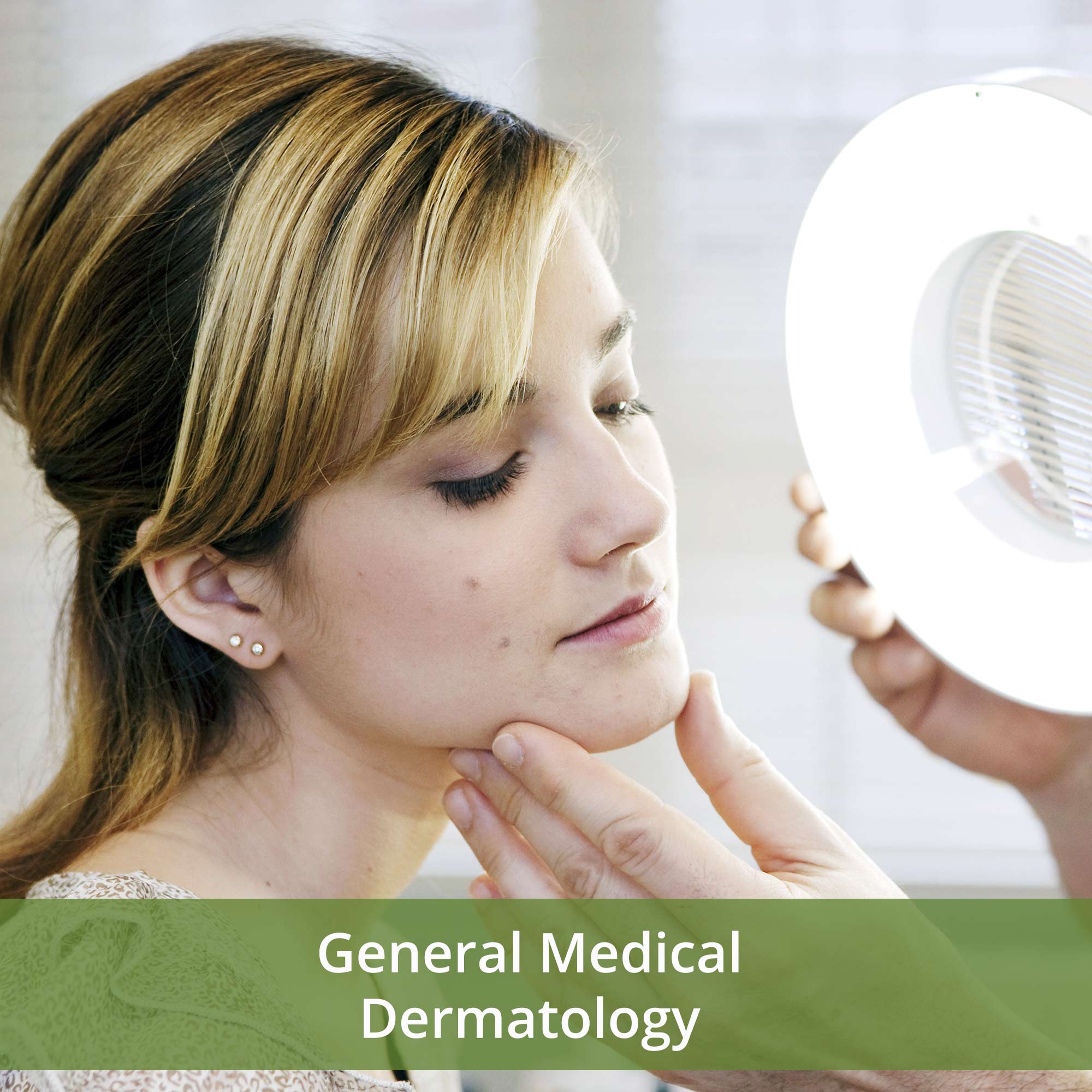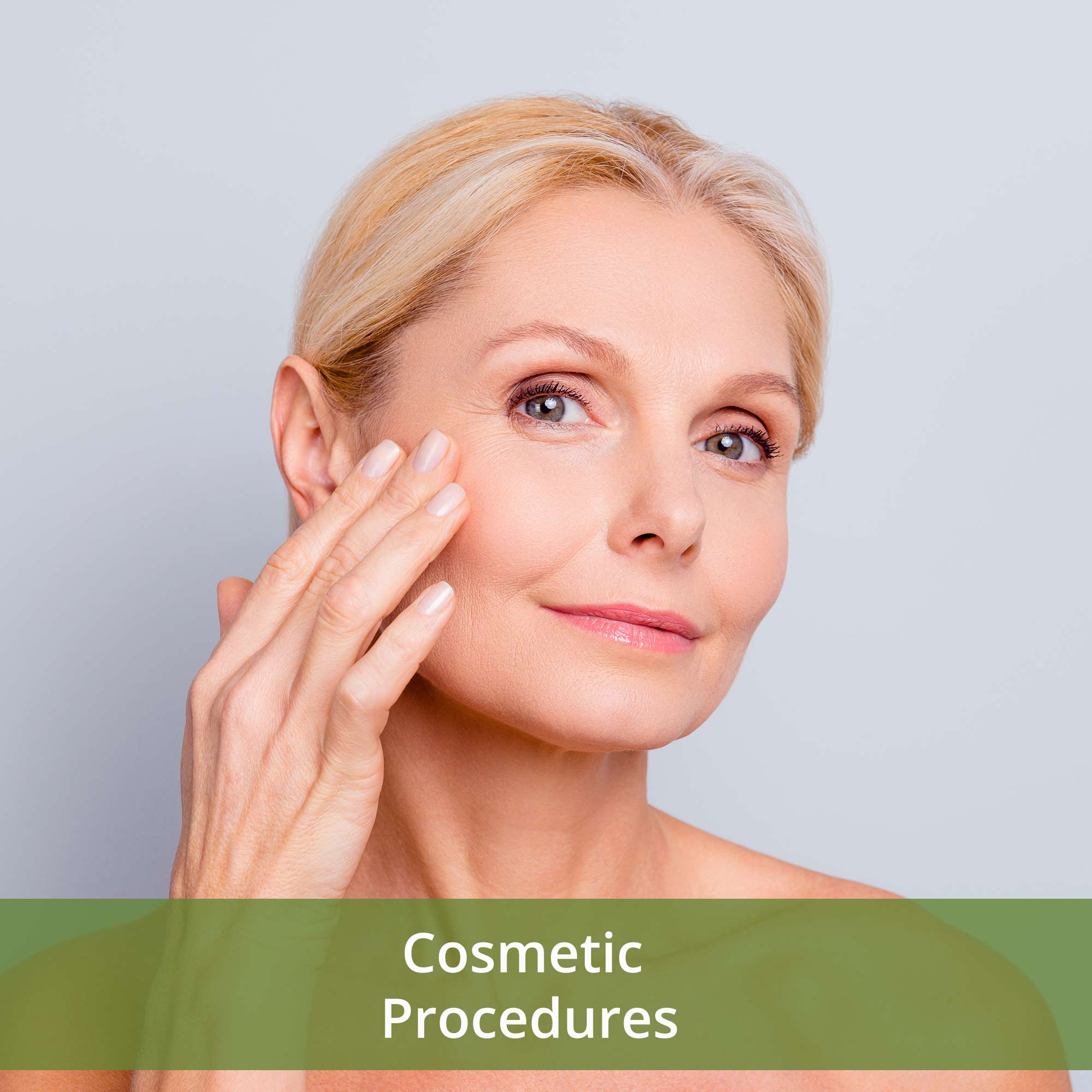GENERAL MEDICAL DERMATOLOGY
We provide diagnosis and treatment for rashes, various skin conditions, and any other disorder associated with the skin. We see patients of all ages, including pediatric patients. There are many skin conditions that require specialized treatment that needs to be individualized to a specific patient. Dr. Hutchin received training in the diagnosis and management of literally hundreds of other skin diseases and offers evaluation of all skin lesions, rashes, and spots of concern.
We treat many common conditions, including:
All Services and Products:

“Dr. Hutchin and staff are the most understanding, courteous, professional office I have ever been associated with. Great Job!”












